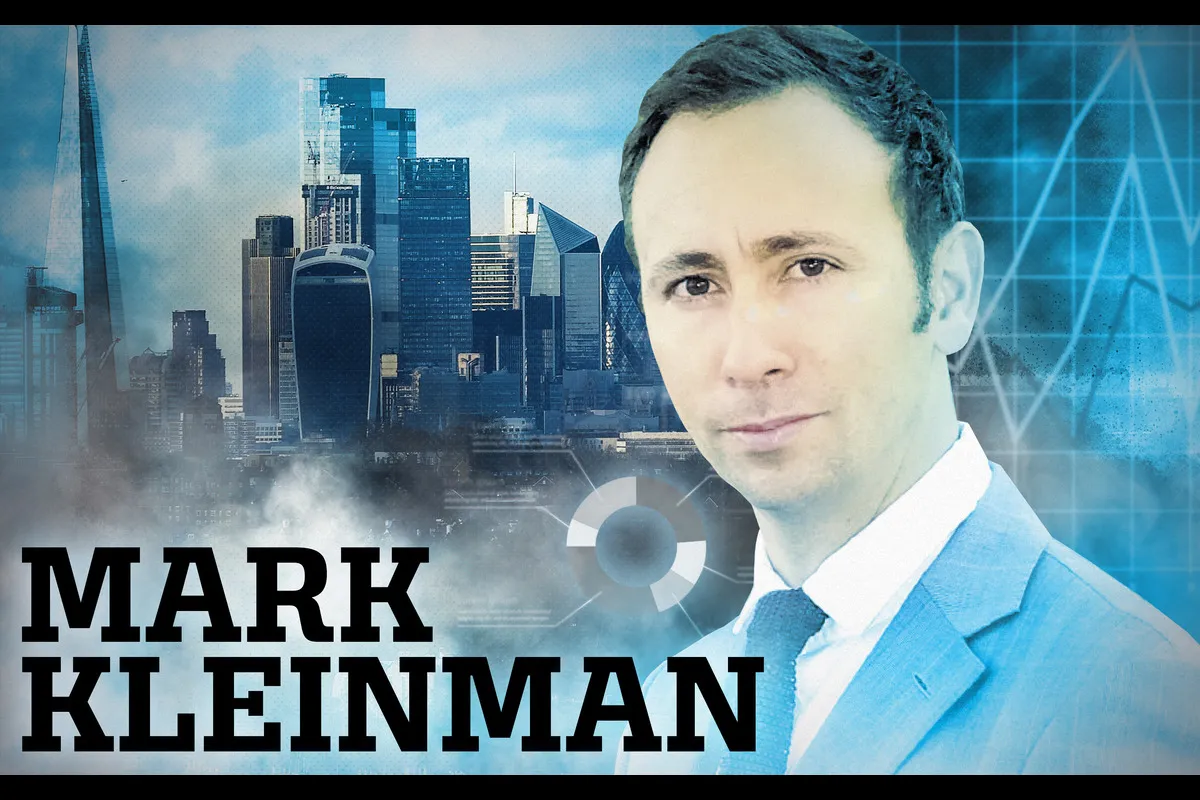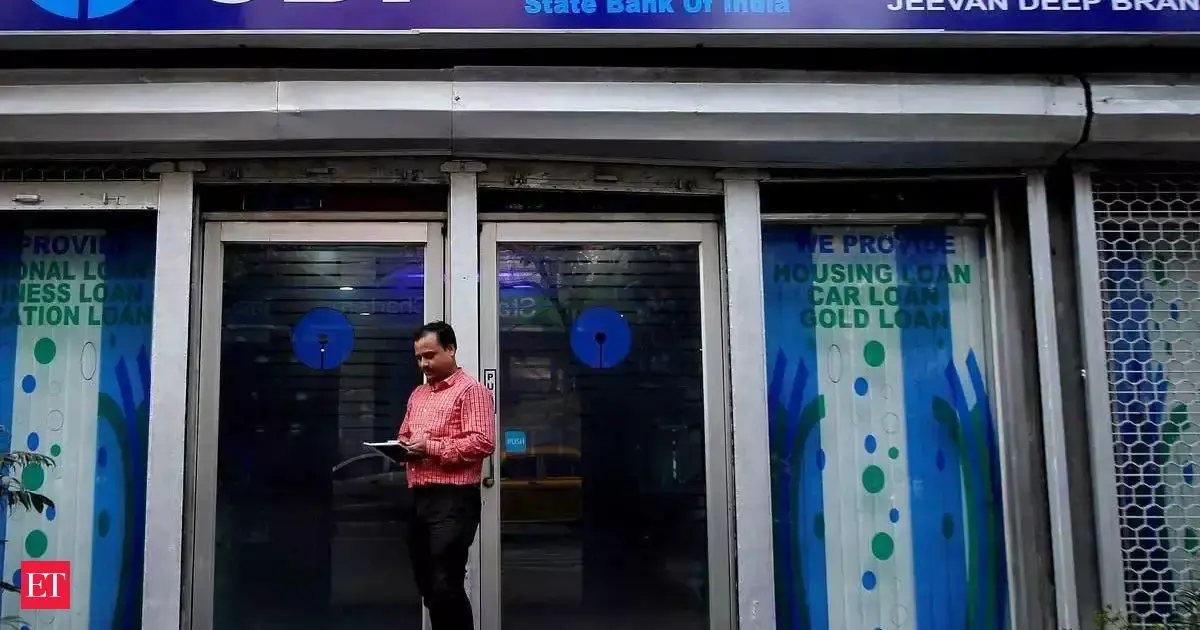Copyright cityam

Mark Kleinman is Sky News’ City Editor and the man who gets the Square Mile talking in his weekly City AM column Turning Telegraph page is painful reading for RedBird Gerry Cardinale is not one to give up easily – or quietly. The RedBird Capital Partners principal is now in the third year – and umpteenth iteration – of a chaotic effort to take control of The Daily Telegraph and its Sunday sister title.Progress has been painstakingly slow. Meanwhile, journalists on the newspapers he wants to own are being rightly, and admirably, persistent in their attempts to draw links between Cardinale’s vehicle and foreign figures who they imply might wish to use the Telegraph for unsavoury reasons.Last week, Cardinale wrote (in the Telegraph, naturally) that the consortium’s takeover would include safeguards in the form of an editorial independence board. Alas, if an account by the newspaper’s former editor, Charles Moore, is correct, Cardinale has already blotted that copybook, having apparently threatened to “go to war” with the newsroom over its recent reporting on RedBird.That comment is said to have triggered enquiries by the Telegraph’s independent directors about a potential breach of rules put in place to protect the newspaper’s independence during its ownership hiatus.RedBird’s response to the reporting of Cardinale’s comment is long on corporate speak, but fails to address the substance of the alleged threat, on which it refuses to comment.“The way to grow the value of the Telegraph is to grow subscribers and the way to do that is to embrace and support the values that matter most to subscribers – namely, free speech and independent journalism,” RedBird said.“As such, we have committed to establishing an independent advisory board tasked with upholding the highest standards of journalistic integrity.”If the “war” comment is accurate, it would surely cast serious doubt on the temperament, and intentions, of the financiers who want to take control of the Telegraph. Further regulatory investigations into the takeover were inevitable even before the emergence of this spat; the government will now need to be supremely careful to ensure their rigour and transparency if it wants Telegraph journalists and the public alike to believe its proclamations of commitment to media independence are anything more than hollow words. FTSE highs no cause for Reeves celebration Clutching at straws? After Tuesday’s speech in which she again braced Britons for hefty tax hikes in this month’s Budget, the Chancellor turned her attention that evening to a more favourable message. I’m told that at a reception in Downing Street to celebrate the FTSE-100 index’s recent spate of record highs, Rachel Reeves hosted executives from companies including Barclays and Phoenix to trumpet her “mission” to boost retail investment in the UK market.“I am not immune to the narrative that has surrounded UK equity markets, and I too want to see more listings, both joining and staying on our equity markets,” she told guests.“The performance of our markets this year has been much stronger than you would think if you read the financial press. In fact, the FTSE-100 and FTSE-all share are close to record highs.”Reeves’s assertion about “the financial press” is bizarre, to say the least – or would she seriously argue that coverage of Princes Foods’ poor initial performance as a public company should somehow have been disguised?More positively for the London market, Shawbrook Group has resumed life as a listed business more auspiciously than its tinned tuna counterpart – but trying to claim that this is some sort of (Shawbrook) redemption moment for the London Stock Exchange, for Reeves herself or for the UK economy as a whole would be truly risible. City tycoons’ $500m cash shell float may be well-timed JRJ; TOMS; SPAC. The City is awash with acronyms, but these three in juxtaposition are worth paying particular attention to. As I reported on Sky News last weekend, prominent financiers including Jeremy Isaacs and Noam Gottesman (the JRJ and TOMS respectively) are in talks about listing an acquisition vehicle on the London Stock Exchange. They plan to raise an initial $500m with a view to funding a takeover deal worth between $2bn and $5bn. Their timing, and pedigree, look propitious. Gottesman has ample experience of riding the original wave of US special purpose acquisition companies (SPACs), while Isaacs and his colleague Roger Nagioff, both formerly of Lehman Brothers, well-steeped in the capital markets and M&A. What might turn out to be especially compelling is their pitch to investors: identify a target in a buyout firm’s portfolio for which it had become a forced seller, and make an attractive – but not overpriced – offer. There are scores of such companies in Europe within the value range which their vehicle – codenamed Mayflower – is seeking a deal. Moreover, the number of private capital ‘zombie’ firms unable to raise fresh capital and reliant only on monetising their existing portfolios is likely to soar, the EQT chief executive Per Franzen told the Financial Times earlier this week. That dynamic is likely to accelerate efforts to recycle companies which have been in private equity shops’ ownership for longer than the standard holding period. Being blown off course during a long journey has obvious historical resonance for the name Mayflower: Isaacs, Gottesman and Nagioff will hope they can rescue a corporate asset which fits that description – with stellar results for their investors.



